Director of the White House Office of National AIDS Policy Featured Speaker for Duke University Event
On October 12, the Duke University School of Nursing will present “The Role of Nursing in Ending the HIV Epidemic: A Call to Action.”
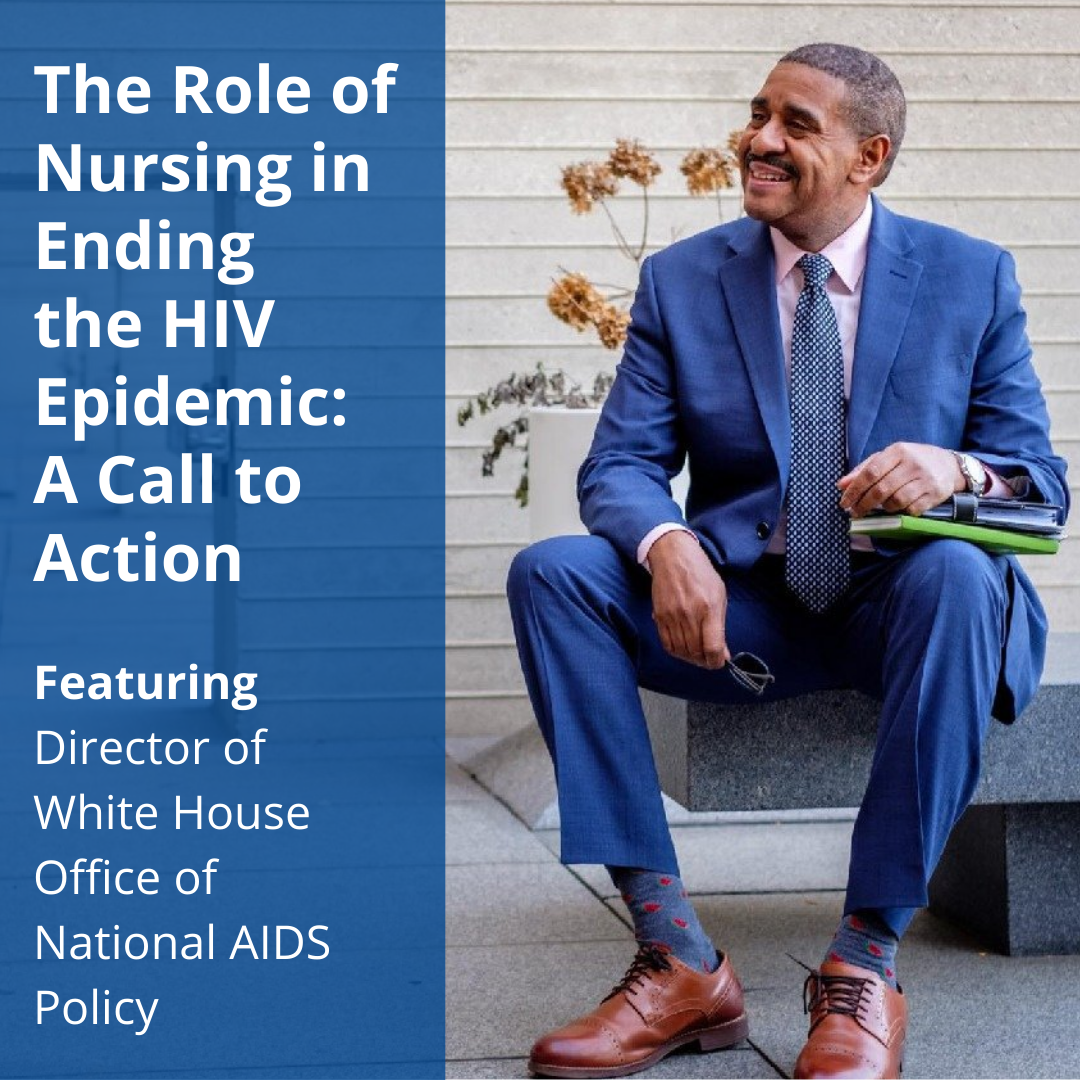
In recent months, there has been growing recognition for the crucial role of nurses in responding to the COVID-19 pandemic. Yet, nurses’ contribution to addressing other infectious diseases, including 40 years at the forefront of the fight against HIV/AIDS, are less recognized.
Nurses and midwives have been indispensable for significant progress in the fight against HIV since the onset of the epidemic in 1981, enabling advances in prevention, care, treatment, research, and advocacy for those living with HIV/AIDS. Despite progress, persistent HIV disparities, such as in the U.S. South, warrant renewed attention, including, with regard to, strengthening the role of nurses in the fight against HIV.
On October 12, the Duke University School of Nursing will present “The Role of Nursing in Ending the HIV Epidemic: A Call to Action.” The virtual event will highlight 40 years of indispensable contributions of nurses fighting HIV in the U.S. and globally and new directions for leveraging nurses in support of reinforced national efforts to end the HIV epidemic by 2030. The event’s featured speaker will be Harold Phillips, MRP, director of the White House Office of National AIDS Policy. Through his current position, Phillips leads the process of setting the administration’s domestic HIV/AIDS priorities to be reducing the number of new HIV transmissions, improving the quality of life for people living with HIV and ending the HIV epidemic.
Dr. Vincent Guilamo-Ramos, dean, Duke University School of Nursing, vice chancellor for nursing affairs, Duke University, and member of the HHS Presidential Advisory Council on HIV/AIDS (PACHA), will serve as host and moderator for the event in addition to presenting on the impact the HIV epidemic has had on the Latino population.
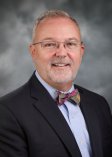
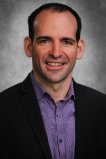
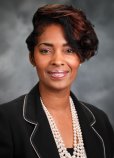
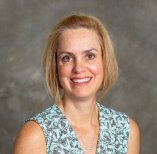
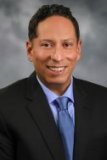 Additional expert speakers include Duke School of Nursing faculty Drs. Kara McGee, associate professor, Schenita D. Randolph, associate professor, Brandon Knettel, assistant professor, and Michael V. Relf, associate dean for global and community health affairs and associate professor. These faculty members will discuss topics such as the School’s nurse practitioner HIV specialty program; nurse-led HIV pre-exposure prophylaxis (PrEP) interventions designed for Black women in the southern U.S.; telehealth in HIV patient care; mental health of people living with HIV as well as the scope of practice of nurse practitioners and associated barriers to fully leveraging nurses in the fight against HIV in the U.S.
Additional expert speakers include Duke School of Nursing faculty Drs. Kara McGee, associate professor, Schenita D. Randolph, associate professor, Brandon Knettel, assistant professor, and Michael V. Relf, associate dean for global and community health affairs and associate professor. These faculty members will discuss topics such as the School’s nurse practitioner HIV specialty program; nurse-led HIV pre-exposure prophylaxis (PrEP) interventions designed for Black women in the southern U.S.; telehealth in HIV patient care; mental health of people living with HIV as well as the scope of practice of nurse practitioners and associated barriers to fully leveraging nurses in the fight against HIV in the U.S.
“This event is commendable and demonstrates nurses’ pivotal role in both prevention and treatment around HIV and AIDS care,” said Dr. Ernest Grant, American Nurses Association (ANA) president. “Since the early 1990s, ANA has been committed to addressing nurses’ health and safety and calling for increased access to care for all people living with HIV and AIDS.
While there has been progress made to address the HIV and AIDS epidemic, access to care and prevention is still a challenge for many people. Nurses have been the vanguard for this public health crisis and must continue to be engaged in emerging national strategies and goals for HIV and AIDS care.”
More about Phillips
In his current position, Phillips develops and oversees the National HIV/AIDS Strategy (NHAS), consults with the Office of Management and Budget, and coordinates with others on the Domestic Policy Council, the National Security Council, and the Office of the Global AIDS Coordinator to ensure America’s response to the HIV epidemic is accelerated, comprehensive and reflective of the lived experiences of those at risk of and living with HIV.
Prior to joining the White House, Phillips served as the chief operating officer for the Ending the HIV Epidemic Initiative in the U.S. Department of Health and Human Services, Office of the Assistant Secretary for Health, and held positions at the Health Resources and Services Administration’s HIV/AIDS Bureau.
He has worked for the North Carolina Department of Health, Environment and National Resources, helping establish the State’s Housing Opportunities for People with AIDS Program (HOPWA) in 1993, and earned his master’s degree in urban and regional planning from the University of North Carolina at Chapel Hill.
More about the Event
“The Role of Nursing in Ending the HIV Epidemic: A Call to Action” presentation will occur on October 12 from 12 to 3 p.m. on Zoom.
The event is free and open to the public.